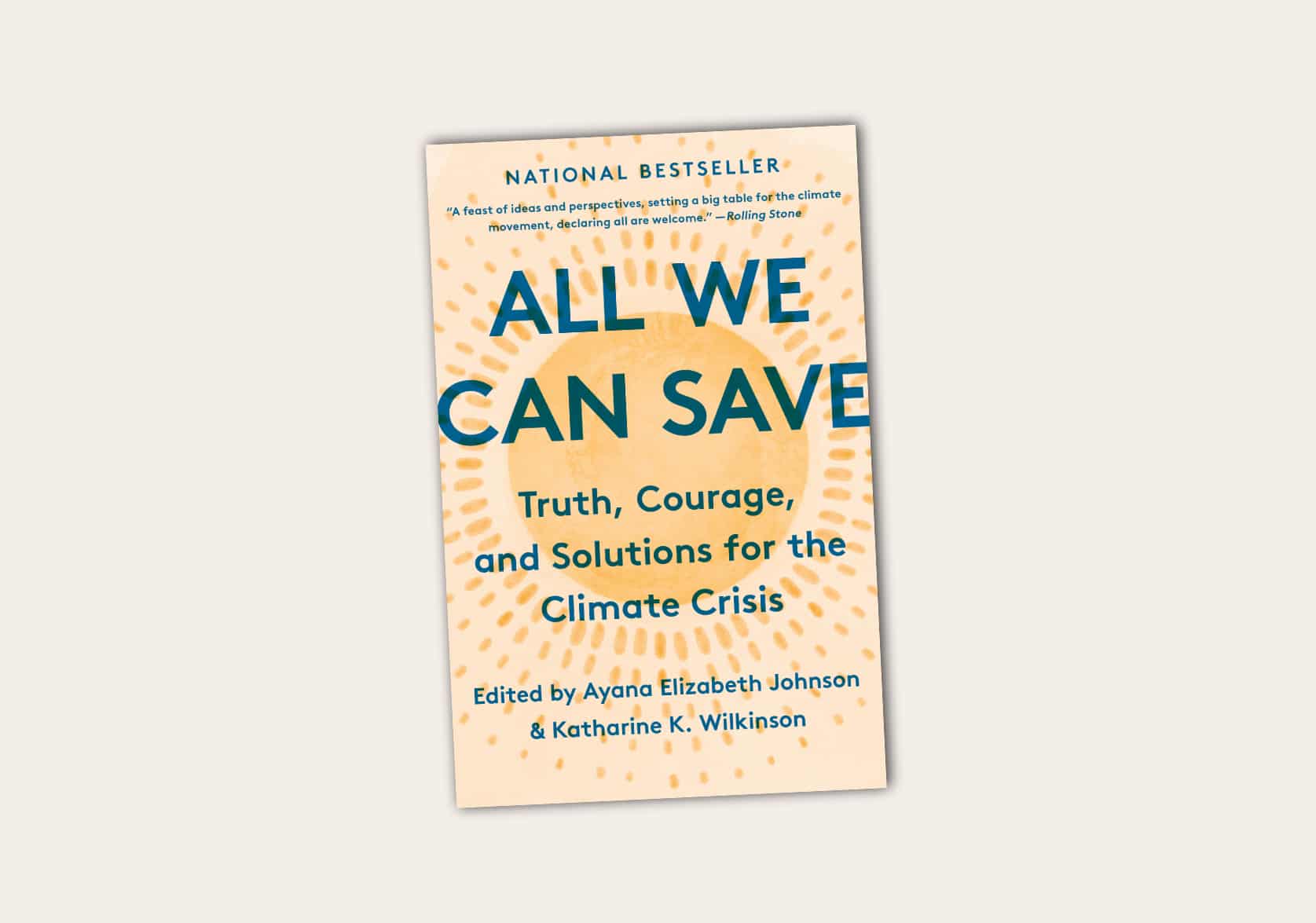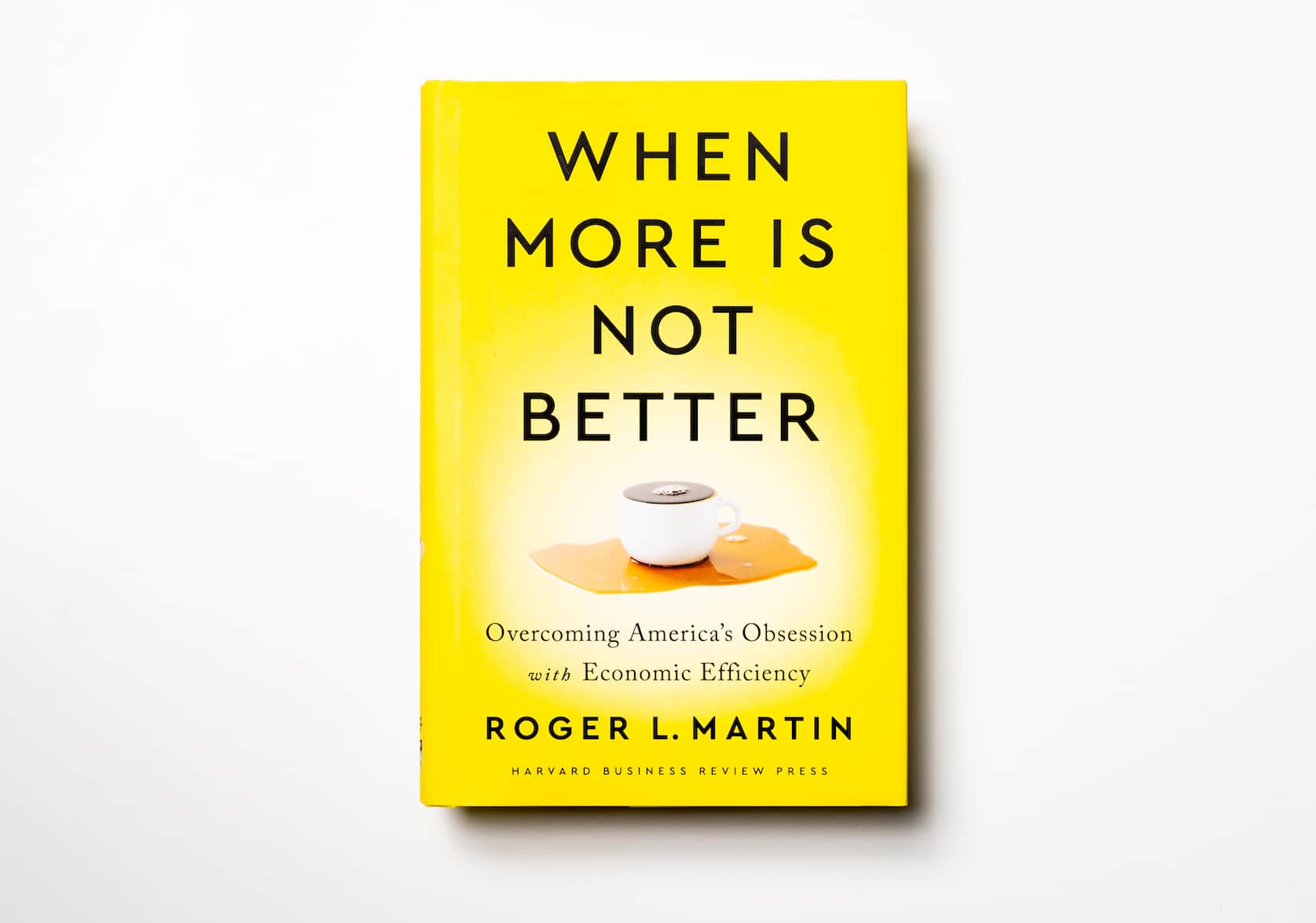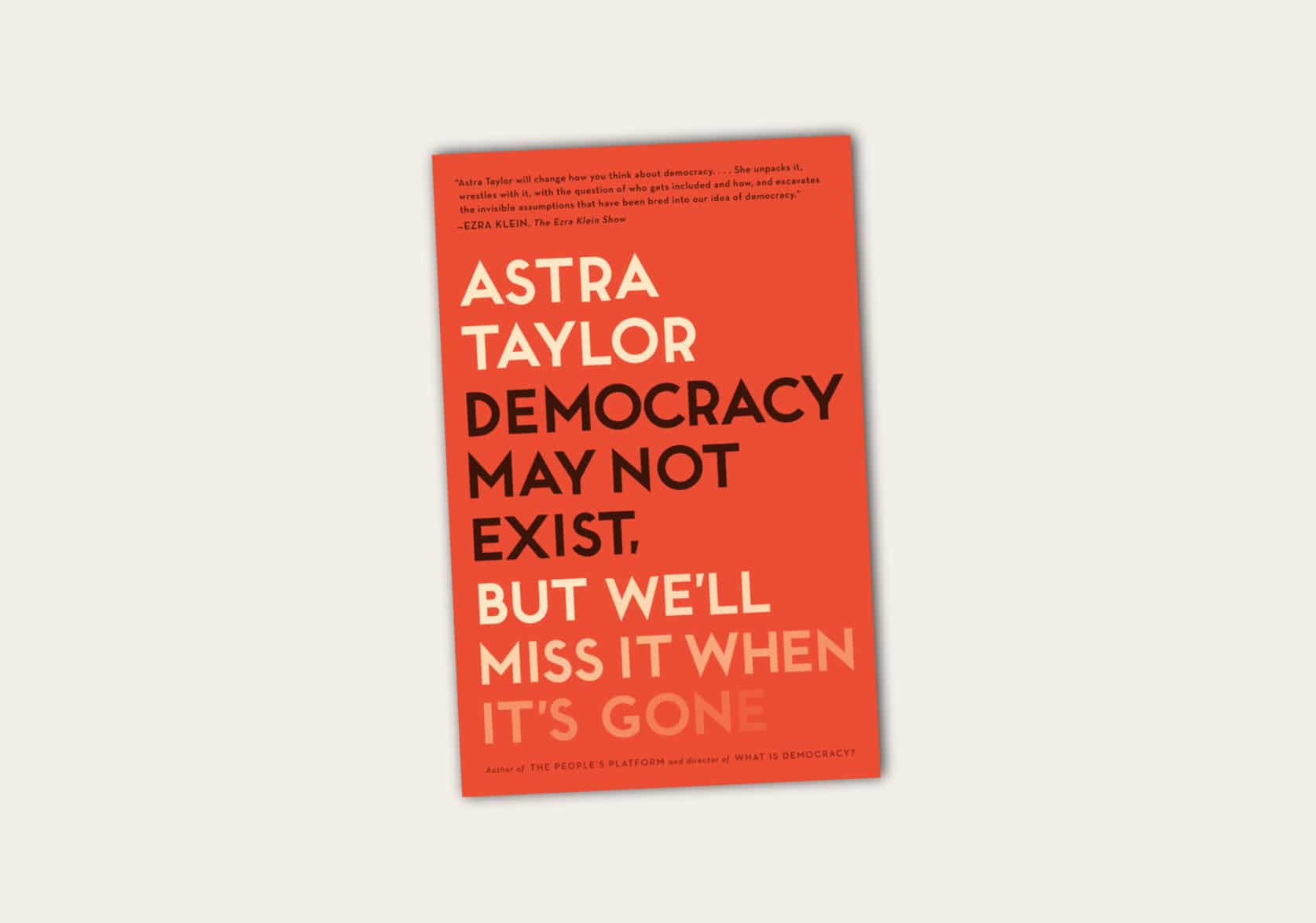Teardown by Dave Meslin
C$27.00
Rebuilding Democracy from the Ground Up
Paperback, 384 pages, ISBN: 9780143197058
Published by Penguin Canada, 2019
In stock
Sold By: Young WSee long description associated with images on this page.
From the publisher:
A handbook of democratic solutions in troubled times, from the activist the media call a “wizard,” a “mastermind,” “the ultimate ideas guy,” a “mad scientist,” a “start-up genius.”
Our democracy is a trainwreck. Our elections feel hollow and our legislatures have become toxic. Fierce partisanship, centralized power, distorted election results and rigged systems all contribute to our growing cynicism.
Voters are increasingly turning towards the angriest candidates, or simply tuning out completely and staying at home. But as Dave Meslin’s career has shown, we can fix things. We can turn elite power structures upside down. We can give a voice to ordinary people. But it means fixing things from the bottom up, and starting locally. It’s hard to change the world if you can’t change a municipal by-law. Teardown shows readers how to do both. And it will show us that these two challenges are not fundamentally different.
From environmental activism to public space advocacy to the ongoing campaign for electoral reform, Dave Meslin has been both out on the street in marches and in the back rooms drawing up policy. With ‘Teardown’ he reminds us that the future of our species doesn’t need to look like a trainwreck. That we’re capable of so much more.
It’s time to raise our expectations: of the system, of each other and of ourselves. Only then can we re-imagine a new democracy, unrecognizable from today’s political mess. This book is a recipe for change. A cure for cynicism. A war on apathy.
Praise for Teardown:
“Dave Meslin is a force of nature — a one-man think tank/pressure group who won’t stop until he sees his ideas for a better democracy put into action.” —Andrew Coyne
“It’s funny and engaging, and his examples and recommendations are very specific and common-sense” — The Toronto Star
“You must listen to Dave Meslin. Agree or disagree with his prescriptions, he is the clearest voice in our country talking about how to fix our democracy and improve our lives as citizens.” —Naheed Nenshi, Mayor of Calgary
“Dave Meslin has written the (long-overdue) Owners and Operators Guide to a Healthy Democracy. Brimming with creative strategies, it is a down to earth, do-able manual to get ourselves out of the toxic, non-user-friendly morass we call Canadian politics.” —Elizabeth May, leader, Green Party of Canada
“An easy-to-read, humorous, honest and blunt assessment of Canadian democracy from Dave Meslin – someone who has experienced first-hand how politics works.” —Michael Chong, Conservative MP and author of the Reform Act
About the author:
Dave Meslin
is an activist, artist, and community organizer who inspires better engagement between governments and citizens. He formed the Toronto Public Space Committee that in 2005 was chosen as the “Best Activist Group” by both EYE Weekly and NOW magazines. TPSC published the first issue of Spacing Magazine, an award-winning urban affairs publication. Meslin appears as an expert on political engagement on national media. His TED talk about apathy has more than 1.5 million views and his 90-second video clip from the 2016 federal election coverage, using colourful stacks of Lego bricks to explain how our voting system fails us, has over 2.5 million views on Facebook alone.
Excerpt:
I’m often asked how I learned to fight for what I believe in, and I always answer the same way: “that’s the wrong question.” Children exhibit no signs of apathy. They know what they want, and they ask for it—often loudly. We’re all activists at heart. So the question should be: what is it about our society that puts out the fire in so many people’s hearts? Political apathy is something we learn. It’s not a state of un-caring; it’s a state of hopelessness and an erosion of faith. “Withdrawing in disgust is not the same as apathy,” recited Richard in the 1990 film ‘Slacker’. Exactly. But the result is the same if the disgust isn’t somehow resolved. If we feel that we don’t have any power, we simply stop trying to exercise it. This so-called apathy goes far beyond traditional politics, appearing also in our workplaces, our schools and our neighbourhoods. How many people are actively involved with a local residents’ group, condo board, tenant group or parents’ association? How many are actively trying to push for change in the places they work each day? The vast majority of people have simply become disengaged from the decision-making processes that shape the world around them.
The next time you notice something that you wish were different in the world, pay attention to your reaction. You may have walked past a homeless person and thought, “What can I do?” And you’ve likely seen headlines about climate change that make you worry about the future. When we come face to face with things that make us uncomfortable, we can try to work towards change or we can feel paralyzed by hopelessness. Taking action requires faith in our own ideas, faith in each other, faith in our leaders and faith in the system. Most people are lacking one or more of these faiths. I think many are lacking all four. This is what makes our culture so deeply biased against participation.
In the absence of these faiths, we either turn to apathy or offer our unconditional support to heroic leaders who promise to “drain the swamp.” In Toronto, I remember left-leaning mayor David Miller hoisting a straw broom above his head, promising to sweep away corruption. A few years later, conservative mayor Rob Ford promised to “stop the gravy train.” Again, both left and right, with a similar core message: the whole system is screwing you over, and I can fix it. And years before Trump began spouting his infamous swamp slogan, the exact same phrase was being uttered by Nancy Pelosi, a left-leaning senior Democrat. Before her, it was Ronald Reagan. We’re just going in circles. None of these people can drain the swamp, because the swamp is a culture, and we’re all part of it. It’s bigger than any single leader, party or platform.
That said, our obsession with swamp-draining has inadvertently provided us with a useful analogy because politics is indeed a swamp—not in its foulness, but in its potential. Swamps—also known as wetlands—are vibrant ecosystems that filter water and provide a home to countless plants, fish and wildlife. Politics is also an ecosystem: complex, interconnected, fragile and—dare I suggest?—capable of beauty.
I’ve spent the last twenty years of my life exploring our democratic swamp. Like a political biologist, I’ve journeyed through the strange and mysterious worlds of protest movements, party politics and non-profit organizations. I’ve danced between conventional democratic institutions and grassroots activism, wearing a suit and tie one day and shouting through a megaphone the next. I’ve worked as an executive assistant at both city hall and the provincial legislature, painted do-it-yourself bike lanes on the street, organized hundreds of volunteers, started a handful of non-profits, helped draft new legislation, survived tear-gas riots in three countries, buried my car and got thrown in jail. Not in that order.
I started out protesting in the streets and then slowly learned how to navigate through the maze-like corridors of power, to effect change from inside the machine. I’ve learned that politics is an elaborate chess game, with dozens of forces at play: backroom strategists, lobbyists, local columnists, news producers, hidden partisan affiliations, old grudges and older loyalties. By watching the game closely, and playing both alongside and against talented practitioners, I slowly began to understand these forces and learned how to take advantage of them to move a good idea forward. But each time I think I’ve got a grasp on how complex the system is, I realize it’s a larger labyrinth than I’d imagined. Having worked as a community organizer, campaign strategist, journalist, lobbyist, fundraiser and partisan staffer, I’ve seen the political ecosystem from a dozen angles. These are the two main things I’ve learned: first, change is possible, and regular people can have an impact; second, change is much harder than it should be because the system is indeed rigged against ordinary people. Voices are marginalized and common sense is drowned out by a political culture that feeds our worst instincts and pushes people away. So I’m left feeling both hope and rage. And I’m ready for a teardown.
Teardowns come in three flavours: demolition, disassembly and dissection.
In real estate, a teardown is a house purchased only to be ripped apart by hydraulic jaws. But for an auto mechanic, an engine teardown requires the patient and careful removal of each gasket, hose, pulley and bracket, followed by a thorough cleaning, replacement of old parts and finally an engine rebuild. And in the world of consumer electronics, a teardown is a surgical dismantling of components, simply to discover what’s inside. The intent of each teardown is unique: to destroy, to repair or to learn.
Inside this book, you’ll encounter a few proposals that require a political wrecking ball. But for the most part, this teardown is a meticulous surgical operation. In an article called “If You Love Your Gadgets, Tear Them Apart,” ‘Wired’ magazine explored tech teardown culture and asked, “Why are geeks so fascinated by looking at the chips, wires, ribbons and glue—the hideous part of a gadget—when the gorgeous part is on the outside?” The answer? “It’s quite simple: By peering into these gadget’s ‘souls,’ you learn their secrets.” If we’re to overcome the massive failure of modern democracy, we need to look into the soul of the swamp. What are the elements of our democratic ecosystem, and how do they relate to each other? Which parts are salvageable and which are rotten to the core?
This book begins by exploring the basics: our broken voting system, the role of lobbyists, the influence of big money, the hollowness of our political parties and all the ways that our democratic spaces are designed to be alienating and hostile. But we’re going to dig deeper than that, because democracy is about so much more than ballots and legislatures. We’ll crack open our schools, revealing not only a broken civics curriculum but also a top-down environment that rewards both obedience and conformity, forcing kids to slowly unlearn their own leadership skills. We’ll explore the harm caused by the polarization of ideas and the adversarial battlegrounds that preclude constructive dialogue. We’ll deconstruct the non-profit sector and the ways that political advocacy is financially suffocated, and we’ll uncover how we’ve drowned out community voices in our public spaces by commodifying the visual landscape. Most importantly, we’ll look at all the ways we’re taught to lie low, to be politically cautious, quiet and disengaged, and we’ll examine why, centuries after absolute monarchy was overthrown, we still cling desperately to the fantasy of a single saviour— a great hero who will lead us and fix our problems.
I’ve been criticized for using words like “rigged” or “corrupt” to describe our political situation. “You’re just feeding the demagogues!” I’m told. But the opposite is true: if we’re afraid to state the obvious, then others will fill the vacuum and use the opportunity to push their own divisive (and sometimes hateful) agenda. We need a proper diagnosis—as grim as it may be—so we can apply the proper remedies. Admitting that our political culture is in crisis is not a declaration of defeat—it’s an invitation. Those who pretend our democracy isn’t broken are themselves part of the problem, because when social, cultural and political barriers conspire against our natural desires to improve the world around us, it’s entirely inappropriate— and dangerous—to simply cheerlead or offer pep talks. It’s like trying to motivate a room full of people to go for a jog—without telling them that their feet are chained together, torrential winds will blow against them, and someone has poured thick tar in their path. When we describe as “apathetic” those who aren’t engaged politically, we’re actually blaming the victim.
Have you ever had an idea for how to improve your neighbourhood? Your workplace? Your school? If you had unlimited power, what would you change about the world? Now ask yourself, “What have I done so far in my life to make those changes happen?” If the answer is “Not much,” I want to help you understand why. Because I think you have a lot to contribute. We all do.
What you’re holding in your hands is not an aggregation of complaints—it’s a collection of solutions aimed at bringing our democratic ecosystem to life, not only in our legislatures but also in our daily lives, so that we can find our collective voice and make change happen—together.
This is a call for revolution. But not a revolution that takes place in the streets or in stadiums. I’m calling for a revolution against our own cynicism and against a spiritually carcinogenic system that has crushed our voice. Every day, decisions are made that affect our lives—our neighbourhoods, transit, hospitals, schools, parks, water and air. We can choose to be a part of the decision-making process or we can watch passively, withholding our collective knowledge and creativity.
Our greatest mistake was assuming that democracy is just about ballots. If you gave people hockey sticks but no rink and no puck, would you be surprised if they eventually put down their sticks and walked away? We need to look at the whole political ecosystem in its entirety.
The growing tides of cynicism and the rise of political leaders who are both vacuous and angry are not reasons to abandon democracy. Quite the opposite: they are the inevitable results of an abandoned democracy. In a time of looming environmental tragedy and increasing economic inequity, is it possible for us to tap into our collective creativity to build a more sustainable, healthy and inclusive society? I believe we can. Our toxic legislatures do not represent what we’re capable of. They’re a mockery of our true potential.
This is no time for tinkering. This is a teardown. Because the most important voice missing from our democracy, is yours.
(Credits: Publisher’s description and excerpt have been retrieved from BiblioShare. Photo of front and back cover by Dahlia Katz.)









